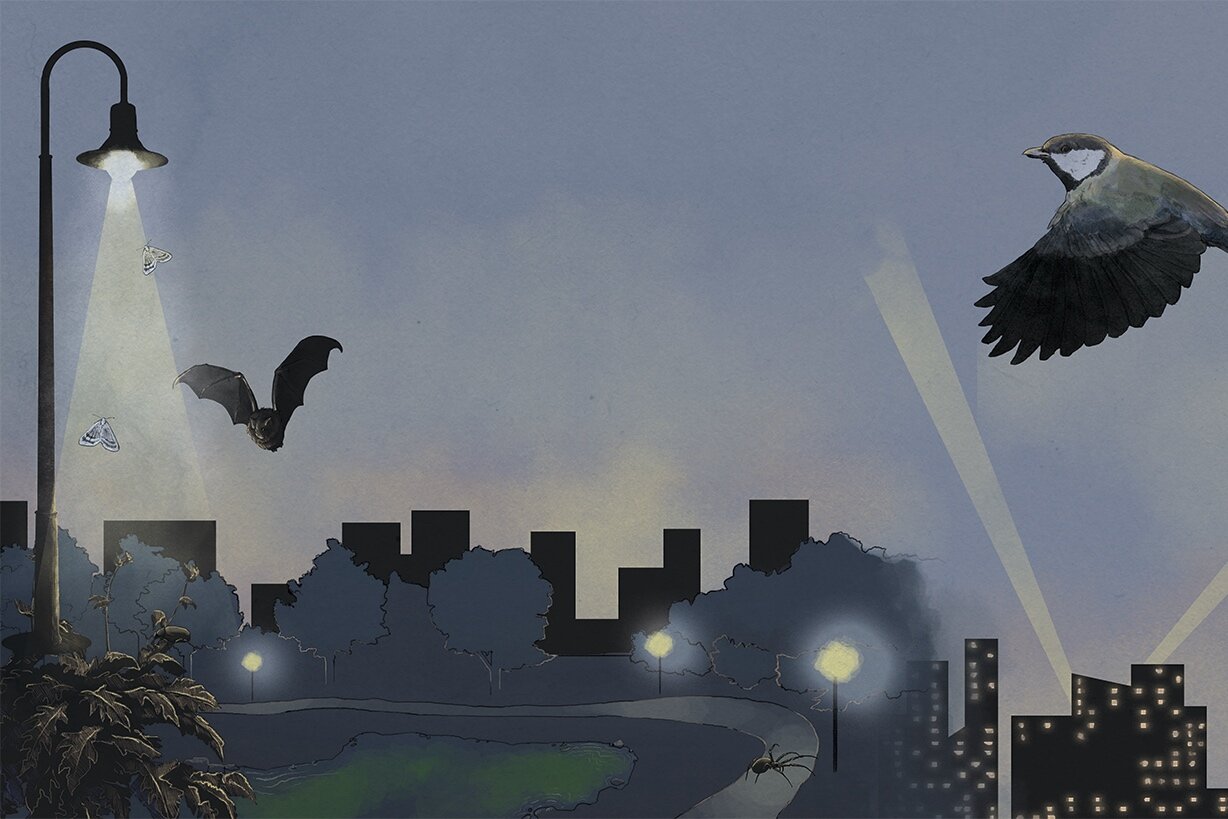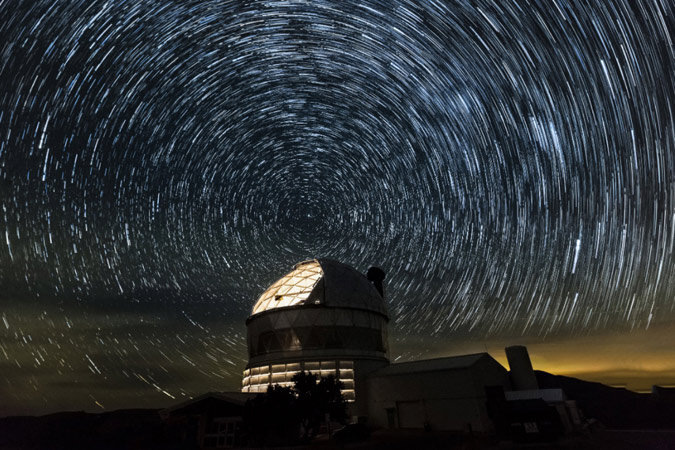
NEWS & INFORMATION

Texans' Views of the Trans-Pecos
In the focus groups we conducted earlier this year—detailed in first of this two-part blog post—we asked area residents if they knew what other Texans thought about the Trans-Pecos area of the greater Big Bend region of West Texas. Do Texans think about it at all? Do they care about it?

Voices from the Trans-Pecos: Exploring Public Opinion on Energy Development
Anticipating possible conflict between energy development and the rural communities of the Trans-Pecos, the Cynthia and George Mitchell Foundation commissioned Hudson Pacific to conduct public opinion research on how energy development in the region is perceived by Texans statewide, with particular focus on area residents’ opinions.

As Oil and Gas Exports Surge, West Texas Becomes the World’s “Extraction Colony”
An unprecedented drilling boom in the Permian Basin is great for business. But it’s polluting the air, overwhelming communities and threatening the planet.

The Vanishing Night: Light Pollution Threatens Ecosystems
The loss of darkness can harm individual organisms and perturb interspecies interactions, potentially causing lasting damage to life on our planet.

Native Plant Restoration: A Bridge to a Sustainable Future in the Trans-Pecos?
Restoration of native plants and habitat in tandem with energy sprawl could be a bridge to a better future for residents, communities, and the general landscape of the greater Big Bend region of the Trans-Pecos area of West Texas.

Modernized Oilfield Lighting Protects Night Skies, Benefits the Industry
Since 1932, McDonald Observatory has enjoyed nighttime skies as dark as any major astronomical observatory in the world. Its remote location, in the heart of the Davis Mountains of West Texas, seemed to ensure this for decades to come. With the boom in oil and gas related activities in and around the Permian Basin, and now in the greater Big Bend region, the past ten years has seen a gradual brightening, low, along the Observatory’s northern horizon.

Private Property Rights Matter For Collective Conservation
The iconography of Texas centers in fierce independence and rugged individualism. The Battle of the Alamo, early Texas Ranger companies patrolling the frontier, and cowboys wrangling vast cattle herds all come to mind.
Texas has a unique history in which many are familiar although don’t necessarily link with a number of today’s most important conservation issues.

Actionable Solutions for a New West Texas
The Nature Conservancy states that the largest loss of open space is now caused by energy sprawl—the amount of land resources developed for the production of energy from both fossil and renewable resources and all of the associated infrastructure. Nowhere is this phenomenon more apparent than the Big Bend or Trans-Pecos region of West Texas.

Protecting the Dark West Texas Skies
McDonald Observatory has partnered with oil and gas organizations to protect the dark West Texas skies. This video details the issue of light pollution caused by oil and gas activities in the Permian Basin and their potential to effect the observatory's ability to study the cosmos.
The video also outlines solutions that are documented in an agreement for Recommended Lighting Practices for oilfield activity that has been published by the partnership of McDonald, the Permian Basin Petroleum Association and the Texas Oil and Gas Association. This project was made possible by a grant from Apache Corporation.

A Tourist Town Reckons With An Energy Boom
For generations, Texans have visited the desert oasis of San Solomon Springs for recreation, refreshment and rejuvenation. And for almost as long, the springs have powered the economy of the tiny town that sits next to them; Balmorhea. But now, an expanding industry is bringing big change to Balmorhea.

